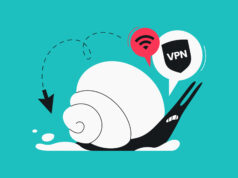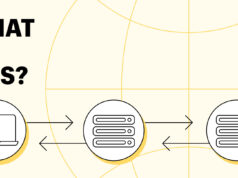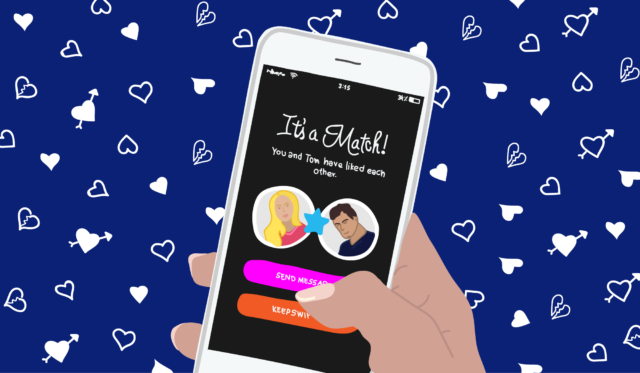
Cynics may well rephrase the title to “How to protect you from dating apps” because it is no exaggeration to say that almost all apps and services snoop on us. Sadly, many of them are specifically designed to do so.
That popular smartphone game, weather app, a ride-hailing app, online grocery ordering, your fitness app, and don’t forget Facebook! Every app collects and stores its share of information about your daily habits, purchases, and lifestyle choices. Your intimate personal data will be sold to companies that market stuff to people with your personal profile.
Cynicism aside about being just another tasty morsel in the profitable marketing data industry, most of us do find it hard to meet new people, and dating apps can solve that problem. Landing a date via tried and trusted ways – such as the fruit and veg aisle at the local grocery store, or the science fiction section at the bookshop – is getting harder. And thus, for good or evil, a dating app it shall be!
All aboard the bandwagon!
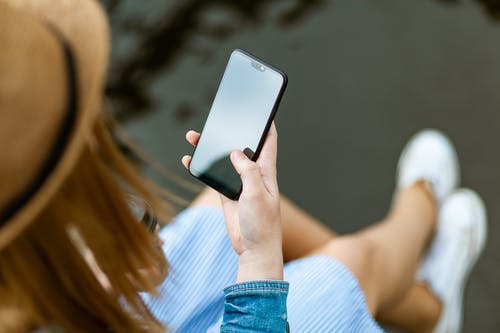
In the relentless pursuit of competitive edges, developers find any old excuse to make their apps stand out. In the rush to make money some of these apps are poorly designed or built without due attention to critical safety and privacy measures.
A quick search on Google Play reveals both run-of-the-mill and specialty dating apps. Looking for a fellow entrepreneur or a real-life Sugardaddy? Interested in snagging a Cougar or finding people with the same kink as you? There’s BeNaughty for those who just want to hook up, Christian dating, BlackPeopleMeet for people of color, WooPlus for curvy people, and (briefly) a Pro-Gun dating site.
You’ll find several sites like International Single Girls and AnastasiaDate where you can meet ‘girls from Russia and Eastern Europe’, or AsianDate where you can meet ‘girls from China and other countries in Asia’. Which begs the question: Where do they hide the guys from those countries? Don’t they deserve an international dating site?
Choose your dating app carefully

It is a given that some dating apps exist simply to get their hands on your private data. Most of those quick-quick apps have gaping security holes and exploits. If a well-designed app like Grindr can suffer an absolutely catastrophic data breach, then all of the smaller companies can be hacked.
Read the user reviews keeping in mind that some of the reviews may be fake. As a general guideline, apps should never require access to your documents, files, photos, and internet and website history to function properly, so read the terms and conditions before you give the app full access to your phone.
Find out what the internet already knows about you
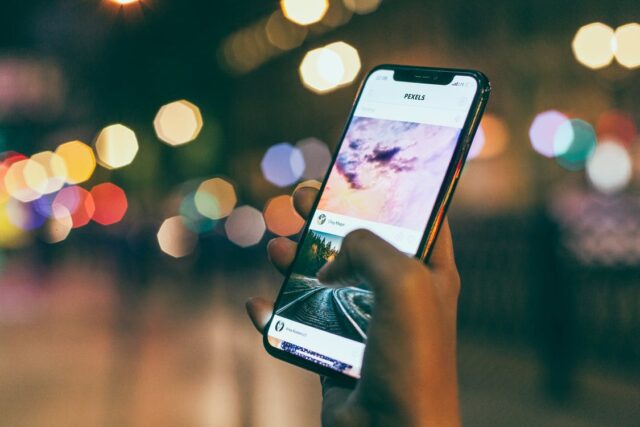
Use Nuwber to order a complete personal profile with which to establish your level of personal risk. Perhaps it’s time you found out what everybody else knows about you! Since every company you buy from, and every app you use, collects (and probably sells) your information, all that data ends up somewhere in the cloud.
Information tends to ooze through cracks and joints to settle into the metaphorical dark corners and dusty corner cupboards of the internet. Nuwber uses immensely powerful algorithms to fetch bits of information to construct a complete (perhaps shockingly accurate) profile.
Their information comes from legal sources, available databases, and every forum or social media platform where you share details of your daily life. If they can find it, anyone with the same resources or extra time on their hands can find it too.
Set up some basic protection
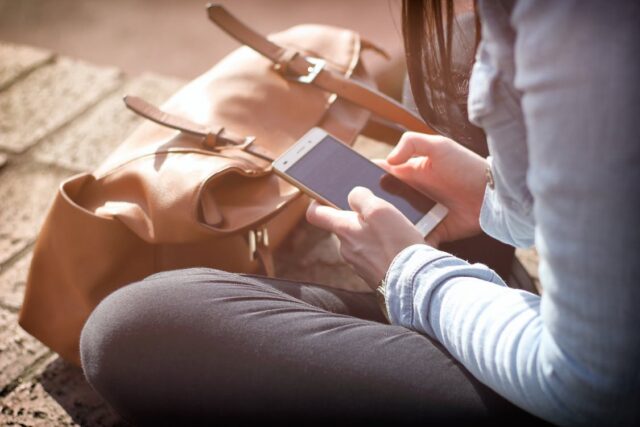
Don’t do a deep dive into your personal information. It’s OK to be a little mysterious, and it’s healthy to keep your personal and your professional lives separate. You should definitely consider using a special email account and phone number for dating activities.
However, catfishing (using a fake identity for romance scams on dating sites) is an unsavory practice that could get you banned, so don’t go overboard. Reveal your sparkling personality without posting your street name and number. Remember, you are posting for internet posterity, so make it good!
Don’t get sexy on a dating app

You will almost certainly receive at least a few unsolicited dick pics. Those are easy to handle: block and report. However, you may find a few real prospects or someone you truly vibe with and may want to take that further.
Sexting is online content. Online content gets shared online, and your dating platform will certainly have a copy of it somewhere. Even if your dating app is above board, they might get hacked or suffer a data breach. Remember Antony Weiner, Chris Lee, and Joe Barton? If they weren’t immune to sexting scandals, you aren’t either. Avoid sexting until you share a couch in a retirement condo in sunny Florida.
Use those privacy settings

Block geolocation. Use a VPN. Don’t use the same email account for all your social media accounts. Remove all metadata (EXIF data) from your photo uploads. Use photos sparingly and thoughtfully, because most people have heard of TinEye, and maybe curious enough to do a reverse image search of your photos to discover more about you than you like.
While you can fool the human eye, facial recognition technology has progressed by leaps and bounds, and TinEye may well pick up other photos that match your facial template.
Future developments in dating privacy

Facebook introduced facial recognition in 2010 as its so-called tagging option. Facebook’s 2.6 billion users then happily proceeded to train the (proprietary) software for free by submitting photos of themselves, their friends, and families to the scrutiny of the Facebook algorithms.
In effect, Facebook users developed Facebook’s facial recognition technology and even trained AI to recognize emotions and to pick out specific faces in family or group photos.
Facebook has amassed one world’s largest databases of neatly categorized photos and holds several patents for future practical applications of facial recognition technology such as identifying shoppers in stores and linking them to the ample data in their social media accounts.
Is that a good or a bad thing? Shall we be careful until we are in a better position to judge?

